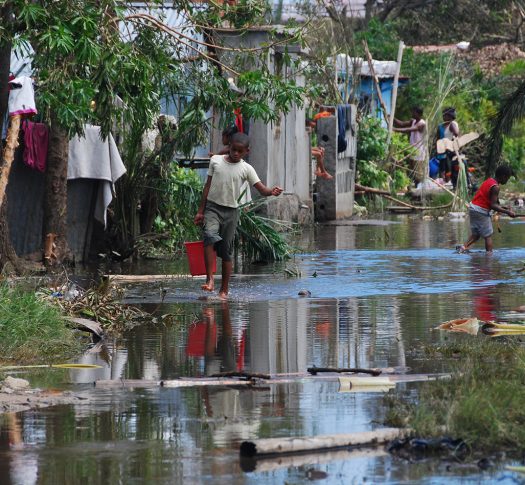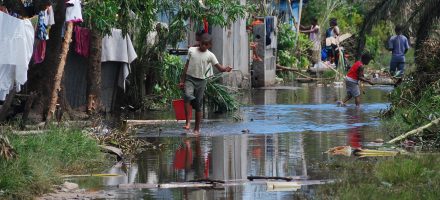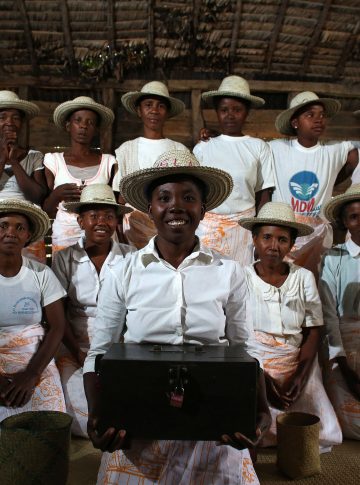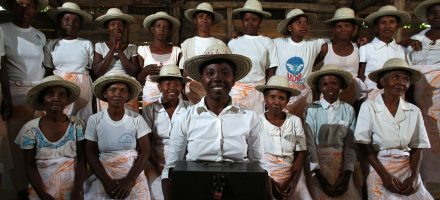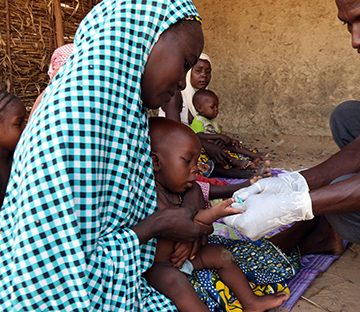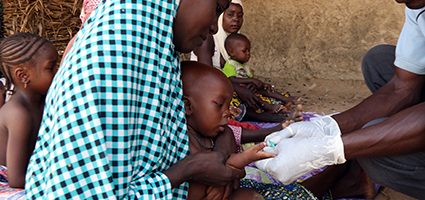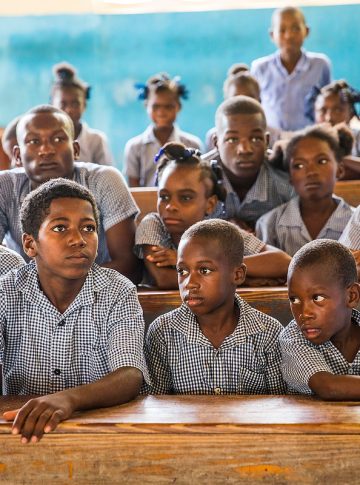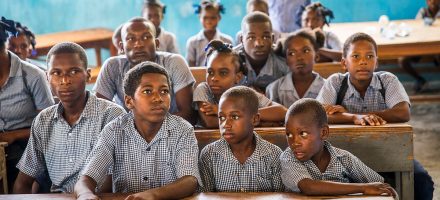CLIMATE EMERGENCY
Increasingly violent storms, persistent droughts, devastating fires, flash floods, heat waves, seasonal shifts and more... The effects of global warning are felt around the globe. But the intensity of these crises is not the same in every country. And it is regions in the world where the most vulnerable populations live that are most exposed to the greatest threats from climate disruption, especially Africa, Southeast Asia and the Caribbean. In these areas, the top priority is less about combating climate change and its consequences, than simply preparing and adapting...
This year the Rescue & Recover Fund is supporting projects led by our partners to help prepare vulnerable populations in three regions regularly hit by natural disasters triggered by climate change.



